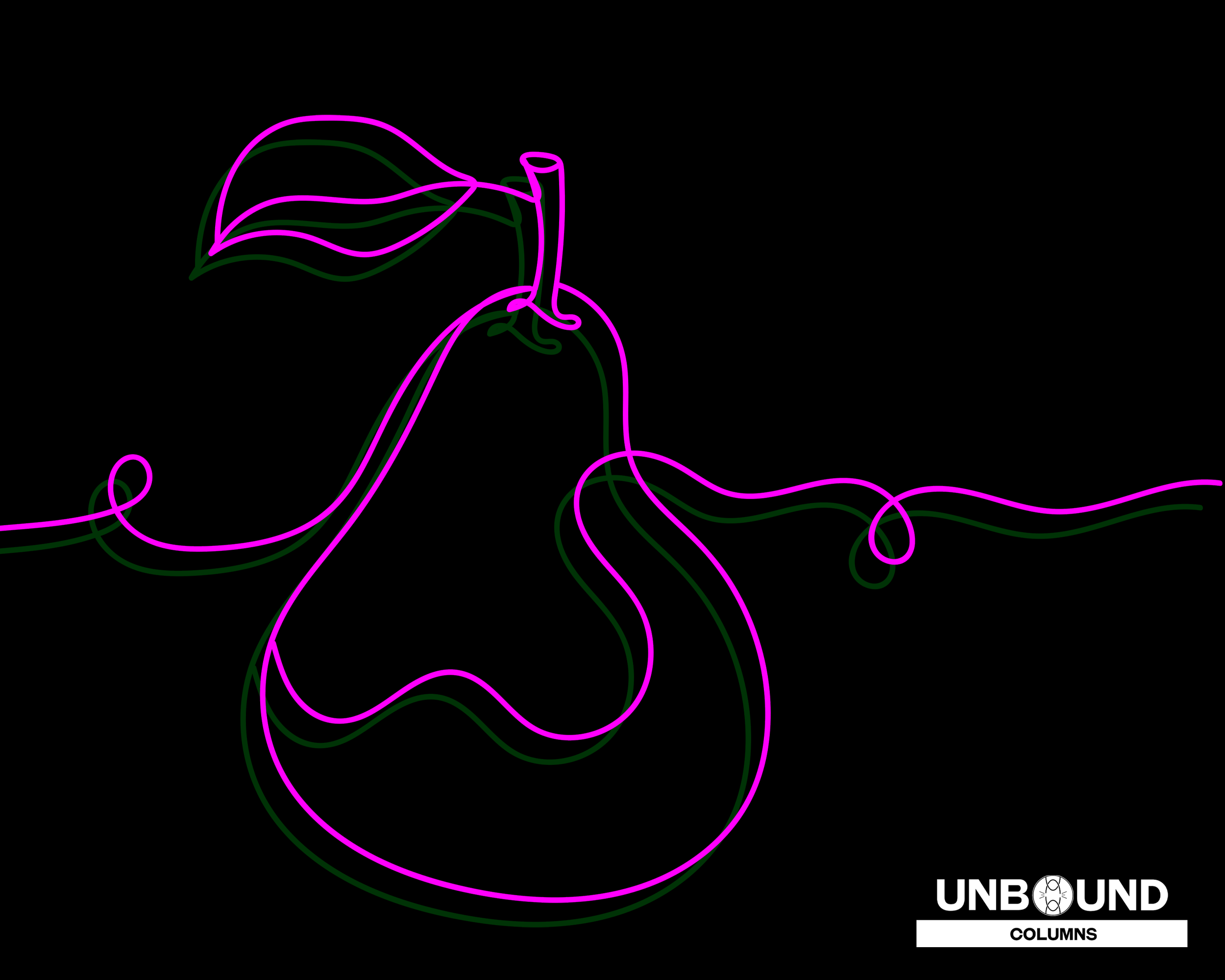A Reading of Mark 12: 38-44
Introduction
Chapter twelve of Mark’s gospel is rich with interlocking characters and critiques. In keeping with Mark’s earlier intercalations, the Gospel writer continues his method of multi-storytelling. That is, Mark’s interwoven, inter-related stories remain myriad, even as we near the cross and his Gospel’s end. In this piece, I interpret the widow’s offering (Mark 12:38-44) using the lens of performance art and LGBTQ experience. Although performance art is not solely a tool of LGBTQ liberation, it has been a well-known strategy for our community’s own meaning making and struggle for civil rights.
The Tate Museum defines performance art as: “Artworks that are created through actions performed by the artist or other participants, which may be live or recorded, spontaneous or scripted.”[1] Using the contours of that description, I hope that you will reconsider with me this double feature starring both Jesus and an unnamed widow.
Setting the Stage
Mark’s twelfth chapter focuses on the temple and the powerful figures centered there. Chapter eleven retells Jesus’ entry into Jerusalem. There, Jesus stages a series of protests which can also be interpreted through the lens of performance art. Firstly, Jesus creates a stylized entrance with his supporters. Jesus goes to the temple and, realizing that it is late (and perhaps the crowd/audience is gone), he heads to Bethany for a respite (11:11). When the spectators return, Jesus returns, as well, to perform/protest within the temple, overturning tables and interrupting the normal business.
Jesus as Rhetorical Champion
Within this context of performance and protest, Jesus begins chapter twelve by teaching. In this parable, a vineyard owner sends a series of enslaved people and even his own son in hopes of collecting his portion of the season’s produce. In response, the vineyard tenants beat the enslaved people and kill the son. The ruling authorities fear Jesus’ crowd of supporters and do not respond to this thinly veiled critique. Instead, they send others to entrap Jesus, but Jesus wins the rhetorical struggle, managing neither to affirm the current system of taxation or outright reject it. In doing so, he highlights the temple authorities’ participation in Roman taxation and occupation. It is his interlocutors, not Jesus, who affirm that the coins in question belong to Rome (12:16).[2]
Rhetoric and the Reality of God’s Kindom
The Pharisees and Herodians are amazed by Jesus (12:17), but the Sadducees still have questions. They pose a series of hypothetical situations in which a woman is forced to marry seven brothers after their subsequent deaths. To whom will she belong in the resurrection, they ask (12:23)? In the reign of God, she will not belong to anyone, Jesus replies (12:25). Systems of power and abuse may remain on earth for this present time, but Jesus’ message is of the beginning of God’s reign—and that changes even our most fundamental assumptions and institutions.
Finally, a scribe asks Jesus which commandment is the most important (12:28). Jesus responds with three commands: to trust the unity and singularity of God, to love God with all that you are, and to love your neighbor as yourself (12:29-30).
The Widow’s Protest
Following Jesus’ teaching in the temple, the chapter closes with one final piece of performance art. This time, however, it is not Jesus doing the protest. Instead, it is an unnamed widow. The chapter that has focused on the injustice of the current form of governance, the power of money and taxation, and the situation of widows, closes with a powerful performance by a survivor of that system. In doing so, our gospel writer reminds us that those damaged by systems of injustice are not just objects of debate, but subjects and actors in their own right. Even within systems of conscripted choice, we are still possess holy, creative agency.
This widow makes her protest in one final offering to the temple system. Jesus tells us first that those in power devour widows houses (12:40) and then he makes sure that we notice one widow’s protest against that status quo. Jesus tells us that she has contributed “everything she had, all she had to live on” (12:44). And we, as witness of this performance art are asked to decide if that is positive or negative. Jesus asks us to pay attention to the woman’s giving; he does not commend or reject the woman’s gift.
Queer Theology and Protest
To me, queer theology is defined by its attention to the ways we define what is supposedly normal and abnormal, both in reading the Bible and in following Jesus as a community. Queer theology challenges us to consider that which we have maligned, and what it might teach us about God, one another, and ourselves.
In reading this story and chapter, I am reminded of my own discomfort in witnessing some public actions of protest. I am guilty of sometimes bristling at the interruption and discomfort that protest brings. However, Mark’s Jesus crosses the boundaries both of what we deem normal and what makes us comfortable.
Reading this story from an LGBTQ perspective also makes me think of similar public actions taken by the AIDS Coalition To Unleash Power (ACT UP) to demand a public response to the HIV/AIDS crisis.[3] Like the widow in chapter twelve, many of the ACT UP activists began their activism because they were out of options. They, too, had nothing left to live on and would likely die soon. But out of that supposed dead end came a coalition of organizing that slowly awakened our nation to the reality of those living with HIV/AIDS.
In honor of her artful activism, here is my own poetic retelling of the widow’s final witness:
The Widow’s Protest
Her home was devoured so quietly
Taken with subtle rules, silent excuses, muted gestures
Her security was tacitly taken, as well
Blame falls hushed in such a large system
Or should I say sanctuary
And maybe the widow did scream
Over the banquet din
For her home
Her hunger
Her humanity
But that day someone heard her
That day
The noise of her protest
Her challenge
Her gift
Was loud enough to be noticed
That day
She cashed out
All that she had to live on
From the system that had taken all of her life
Enough of the long prayers
That brought no respite
Enough of the showy offerings,
Profits from her own home’s destruction
“There’s not enough”
A young girl thought she heard someone say
Over the ringing of copper metal
[1] https://www.tate.org.uk/art/art-terms/p/performance-art
[2] Mark by Warren Carter as part of the Wisdom Commentary Series (2019), p. 334-6.
[3] For part of that history, I recommend https://www.newyorker.com/magazine/2021/06/14/how-act-up-changed-america.
Rev. Billy Kluttz serves as Associate Pastor at Govans Presbyterian Church in Baltimore, Maryland. He is also the co-host of The TLDR Bible Show, a humorous Bible summary and discussion podcast, and a Doctor of Ministry candidate at Wesley Theological Seminary. In his free time, Billy loves downhill skiing, country music, and co-parenting his dog, Banjo, alongside his incredible husband, Steven.



Unbound Social